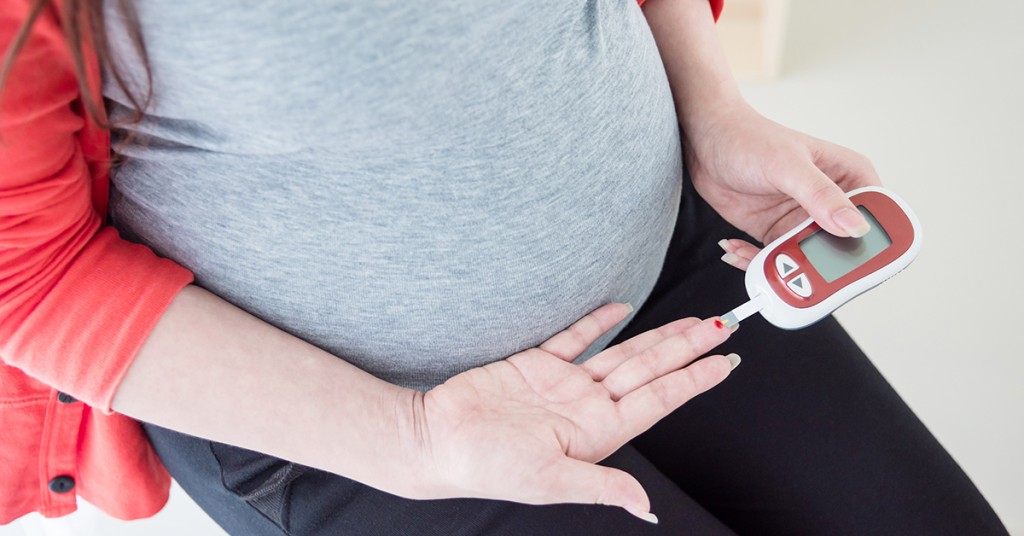Have you ever had a late or missed period when you are certain you aren’t pregnant? It may cause you a moment of panic, but a late period is often caused by factors that have nothing to do with reproduction. If you have a late period and you are sure you’re not pregnant, one of the following factors may be to blame.
1. Stress
Stress is not just a mental problem. Being stressed for extended periods can have negative effects on your physical health. Along with causing weight gain, sleep disturbances, and headaches, stress can make your period late. Stress causes the body to prioritize the bodily functions that are essential for keeping you alive, and menstruation is not one of those essential functions.
2. Weight
Your weight can affect your ovulation, which in turn will alter your period. If you are obese or underweight, you may have a late or missed period. Both extremes interfere with the hormonal balance that keeps ovulation regular. This is also the case if you’ve recently had an extreme weight fluctuation due to surgery or illness. For women who are obese, losing weight may help make ovulation and menstruation more regular. Underweight women may need to increase caloric intake and gain weight to have regular periods.
3. Birth Control
Some hormonal birth control can alter the regularity of your menstrual cycle. For some women, this is the desired effect, but when it’s unexpected it can be worrying. Hormonal birth control works by stopping ovulation, so not having a period is a sign that it’s working. If you are taking oral birth control, the prescription may include a week’s worth of placebo pills. This can cause bleeding, but it is not technically a period, but rather withdrawal bleeding. Sometimes discontinuing or starting birth control can make menstruation irregular.
4. Other Medications
Non-hormonal medications can also cause you to have a late period. These drugs include antidepressants, antipsychotics, chemotherapy drugs, and corticosteroids.
5. You’ve Just Started Menstruating
Young women who have only had a few periods may not have regular cycles at first. It can take a few months for cycles to become regular. This is also true if you have just come off of birth control medication that stopped menstrual periods. It makes take a little while for you to get a period every month again.
6. Breastfeeding
Breastfeeding mothers may have irregular periods, very light periods, or no period at all. This is especially true if your baby is still getting most of his or her nutrition from breastfeeding. However, just because you don’t get a regular period during this time, that doesn’t mean you don’t need to use birth control to prevent another pregnancy.
7. PCOS
Polycystic ovarian syndrome, or PCOS, is a condition in which a woman’s reproductive hormones are not balanced. PCOS can cause cysts on the ovaries, but not every woman with PCOS has cysts. However, one symptom of the condition that is common is late and irregular periods due to interruptions in ovulation. If this is the reason your period is late, your doctor may suggest hormonal birth control to regulate the menstrual cycle.
8. Thyroid Disorders
Your thyroid is a gland that is responsible for your metabolism and other bodily functions. Abnormalities in how the thyroid functions can affect your menstrual cycle and make your period late. An overactive thyroid is referred to as hyperthyroidism and an underactive thyroid is called hypothyroidism. Both can affect your cycle.
9. Perimenopause
If your late period is part of an irregular menstrual cycle, it could be a sign of perimenopause. During perimenopause, the body is transitioning from the reproductive stage to menopause. Perimenopause can happen at different ages, but it happens for most women in their late 40s. Periods during menopause may be lighter, heavier, or irregular in frequency. According to the Office on Women’s Health, perimenopause usually lasts between 2 and 10 years. When your period has stopped for a full year, then you have reached menopause.
—
Green Valley OB/GYN offers comprehensive care for women in all stages of life. This includes preventive exams, family planning, maternity care, and menopause management. If you are concerned about women’s health issues like irregular or late periods, call our Greensboro, NC office at (336) 378-1110 to make an appointment.




